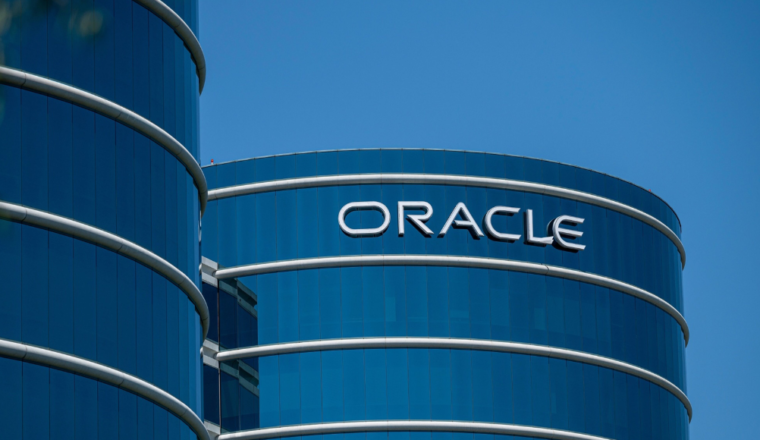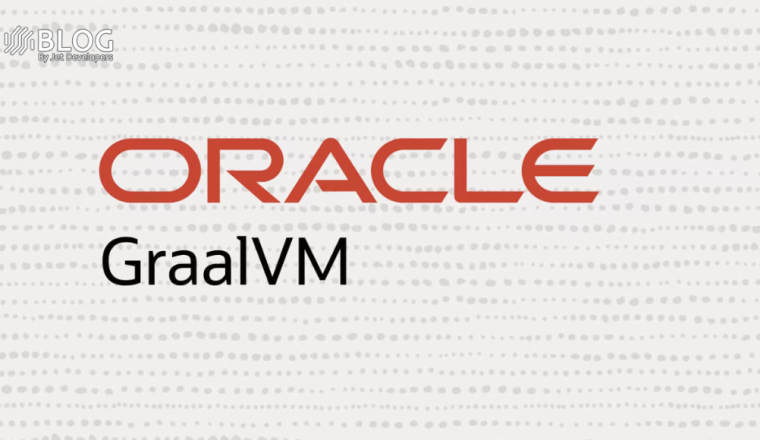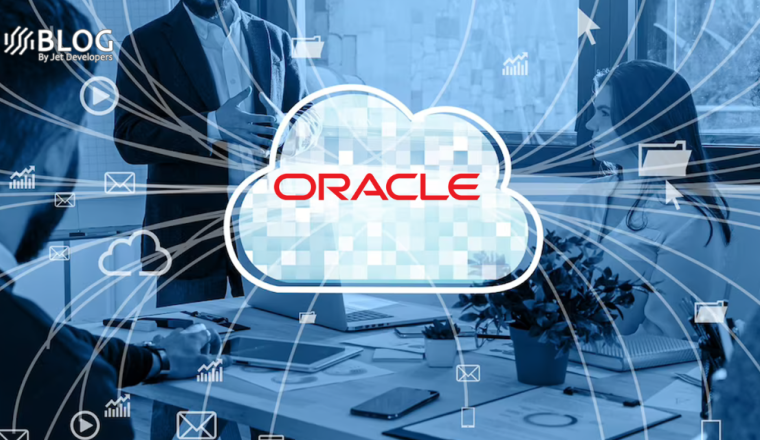Oracle’s Latest Release: Oracle Java Platform Extension for Visual Studio Code
In a significant move aimed at enhancing the development experience for Java programmers, Oracle recently unveiled its Oracle Java Platform extension for Visual Studio Code. This release brings a comprehensive Java development environment to Microsoft’s widely popular code editor, ensuring seamless integration with Maven and Gradle projects.
As of October 18th, developers can find the Oracle Java Platform extension within the Visual Studio Marketplace, specifically designed for Visual Studio Code (VS Code). This extension caters to the entire software development life cycle, offering a seamless transition from code editing to compiling, debugging, and testing. Notably, the extension supports class-level and variable refactorings, making it a valuable asset for Java developers.
The initial release of the Oracle Java Platform extension provides a host of features, including project visualization, intelligent code completion, error detection and highlighting, and efficient navigation to variable definitions. Moreover, it boasts support for unit testing through JUnit, ensuring that developers can test their Java code within the VS Code environment.
Oracle’s decision to develop this extension reflects a shift in the way developers interact with their Integrated Development Environments (IDEs). Previously, developers would select a programming language and then choose a compatible IDE. However, with the increasing popularity of language-agnostic IDEs like Visual Studio Code, this dynamic has changed. Many developers now anticipate robust support for a multitude of languages within a single, versatile IDE. Visual Studio Code has become a staple for a wide range of developers, including students and professionals working with various programming languages alongside Java.
The core of any VS Code extension for a programming language is a language server. In this case, Oracle’s Java language server lies at the heart of their extension, performing essential functions that encompass the language’s tools and seamless communication with the IDE through the Language Server Protocol. It’s noteworthy that Oracle’s Java language server is a streamlined iteration of one originally developed for the Apache NetBeans project.
One of the standout features of Oracle’s extension is its utilization of the OpenJDK javac compiler for code editing and compilation. This approach ensures that the extension remains up-to-date with the latest Java Development Kit (JDK) features as they are introduced. Oracle’s VS Code extension promises to provide support for both the current JDK releases and upcoming versions. At the time of the extension’s release, JDK 21, launched in September, was the latest available version.
It’s worth mentioning that Microsoft, too, has not been idle in the realm of Java development tools for Visual Studio Code. Microsoft offers an Extension Pack for Java, which encompasses a suite of extensions aimed at simplifying the process of writing, testing, and debugging Java applications within the VS Code environment. These initiatives from both Oracle and Microsoft underscore the commitment to providing a robust and versatile platform for Java developers using Visual Studio Code.





